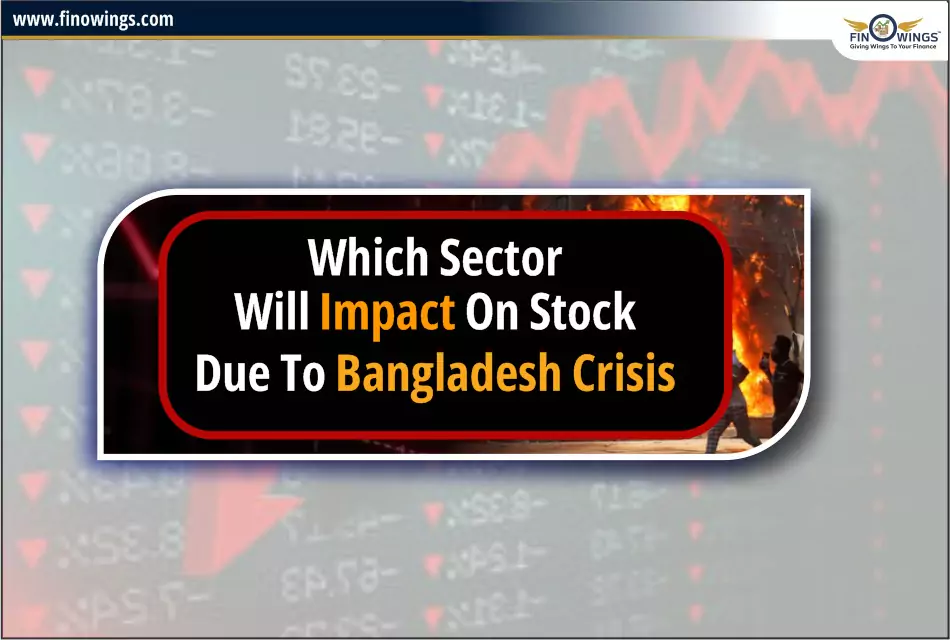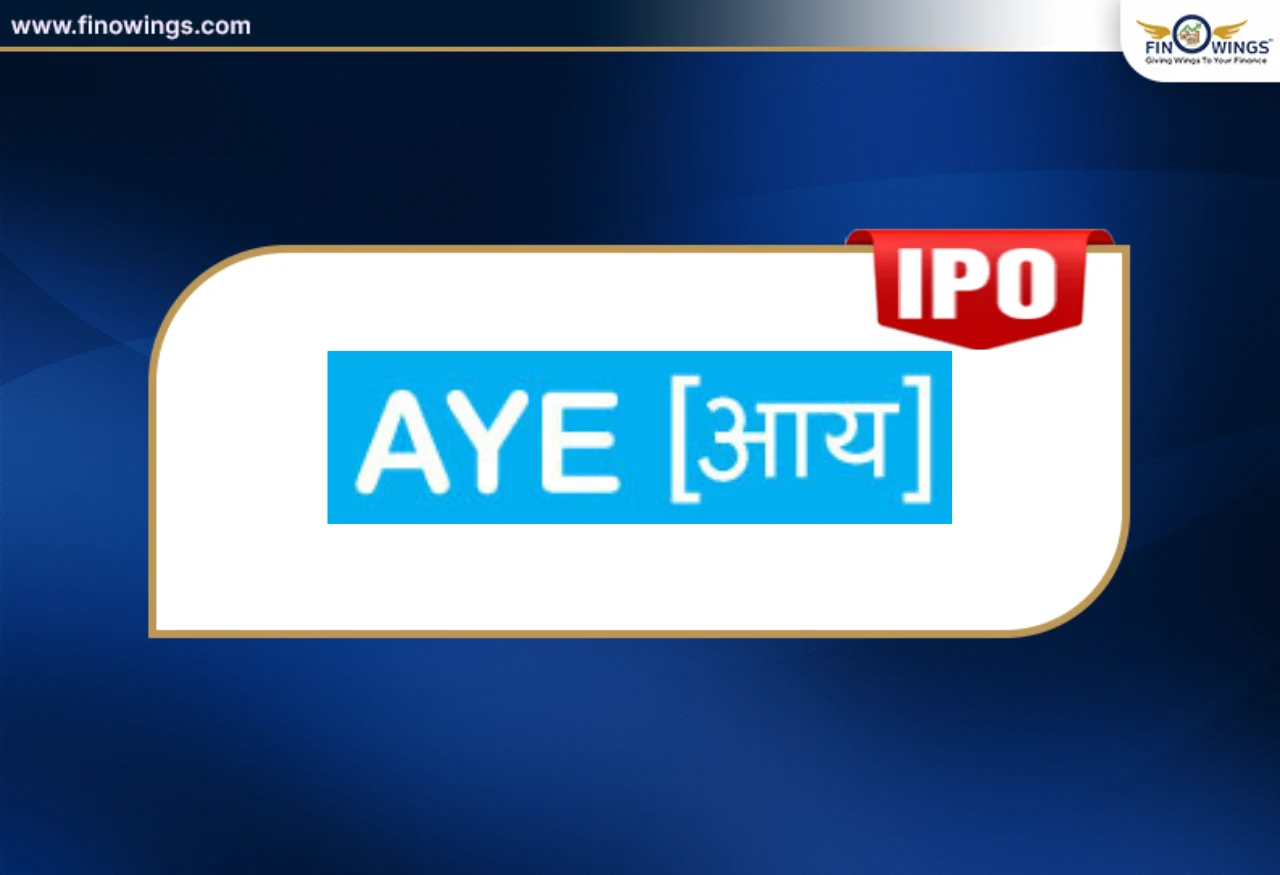Home >> Blog >> How the Bangladesh Crisis Impacting Major Indian Sectors
How the Bangladesh Crisis Impacting Major Indian Sectors

Table of Contents
Impact of Bangladesh's Political Crisis on Indian Textile Sector and Other Industries
Bangladesh is currently experiencing a significant political crisis. As many of you have seen in the news, the conditions there have deteriorated considerably. This ongoing unrest is poised to have a substantial impact on several Indian companies that have market exposure or supply chain dependencies in Bangladesh.
In today's blog, we will see which companies are affected, how their businesses might be impacted, and whether any companies might benefit from the situation.
Understanding the Macro Factors
Before we get into the specifics of sectors and stocks, let's talk about some macro factors. Bangladesh attracts major multinational corporations (MNCs) like Adidas due to two primary reasons: low labor costs and low production costs. These factors boost company profitability, making Bangladesh an ideal location for manufacturing. However, any negative situation, like the current political turmoil, can adversely affect this dynamic. It's crucial to mention that India is strongly engaged in large-scale of monetary benefits from Bangladesh in the form of Imports And Exports so Bangladesh Crisis will have a huge impact on Indian Economy and trade.
Key Sectors Affected
Two major sectors derive substantial revenue from or export significantly to Bangladesh: the textile sector and the Fast-Moving Consumer Goods (FMCG) sector.
Textile Sector
Bangladesh is the world's second-largest textile exporter, following China, while India ranks fifth globally. The low cost and high workforce availability in Bangladesh make it a preferred destination for major companies to source their textile products. However, in the face of the current crisis, these activities have slowed down or ceased, prompting companies to look for alternative sourcing destinations.
With limited options, companies are likely to shift their focus to either Vietnam or India. Vietnam’s textile market is worth $37.93 billion, whereas India's is $37.11 billion. While Vietnam is known for high-quality fabrics, India is renowned for handloom and handicrafts. Depending on their needs, MNCs will approach these countries to fulfill their textile requirements.
This shift presents a significant opportunity for the Indian textile industry. Consequently, several Indian textile companies have seen a rally of 15-20%. Notable examples include KPR Mills, Lambodhara Textiles, Arvind Ltd., and Kitex Garments.
FMCG Sector
On the flip side, the FMCG sector in India, particularly companies with significant revenue streams from Bangladesh, is expected to experience negative impacts. These companies rely heavily on the stable environment in Bangladesh for their operations and sales. Bangladesh being a country where workforce is more and costs are less, it becomes favorable for the companies to run their businesses there.
Companies such as Marico, Dabur, GCPL,Britannia and Jubilant Foodworks will have a negative impact with Marico being on the top. 25% of Marico's international revenue comes from Bangladesh only. Whereas for Dabur, GCPL and Britannia itr is only 5% of the revenue.
Detailed Video
Conclusion
In conclusion, while certain FMCG companies with high revenue exposure to Bangladesh will face negative impacts, the Indian textile industry stands to gain significantly. The political crisis in Bangladesh is causing a shift in textile sourcing, with India emerging as a key beneficiary. This scenario underscores the importance of understanding macro factors to form a comprehensive view of market dynamics.
I hope this blog helped you grasp the reasons behind these impacts. If you found this analysis insightful, please like and share the blog.
Disclaimer: This Stock Analysis is only for informational purposes and should not be considered as investment advice. Always do your research and consult with a financial advisor.
Author
Frequently Asked Questions
The political crisis in Bangladesh is disrupting textile production, leading companies to shift their sourcing to India, boosting the Indian textile industry.
Indian textile companies like KPR Mills, Lambodhara Textiles, Arvind Ltd., and Kitex Garments are seeing increased demand and growth due to the shift in sourcing.
Indian FMCG companies with significant operations and revenue streams from Bangladesh are facing disruptions, affecting their overall business performance.
Multinational companies are attracted to Bangladesh due to its low labor and production costs, which enhance profitability.
The shift in textile sourcing to India and Vietnam could lead to increased demand for their textile products, potentially boosting their economies and market positions globall



















